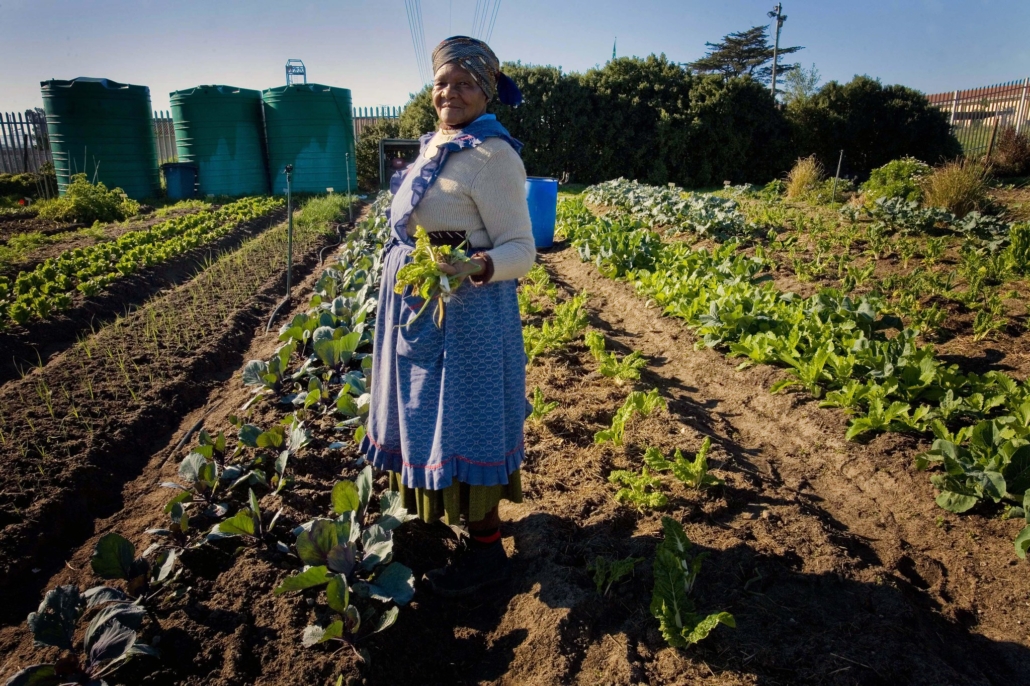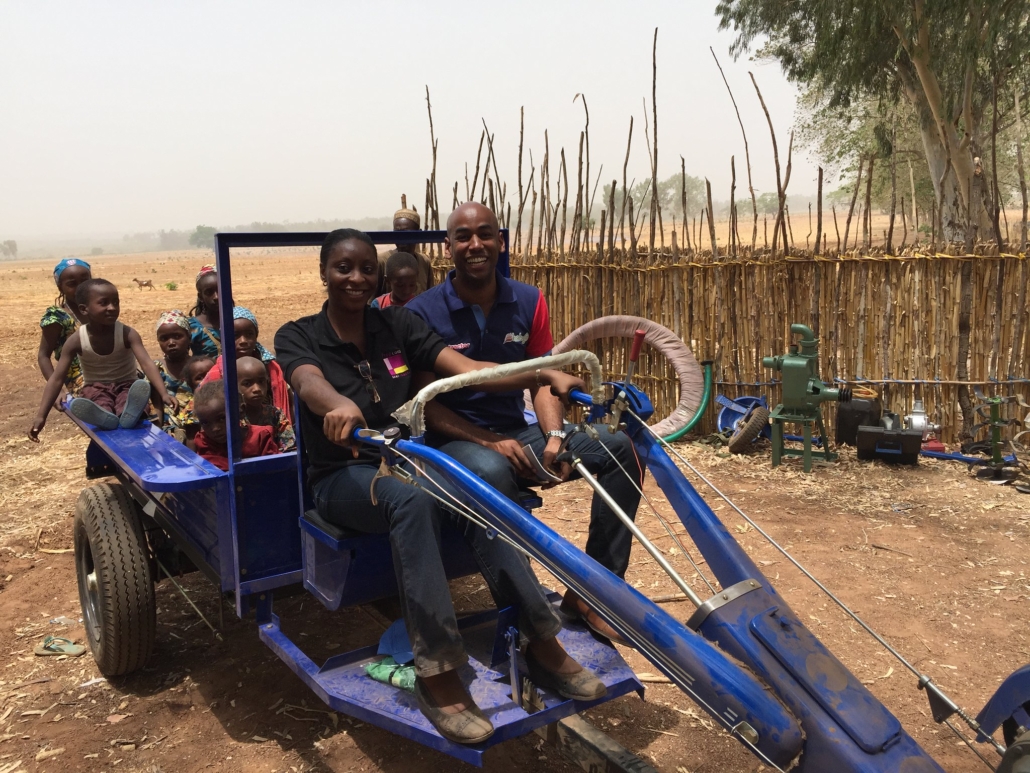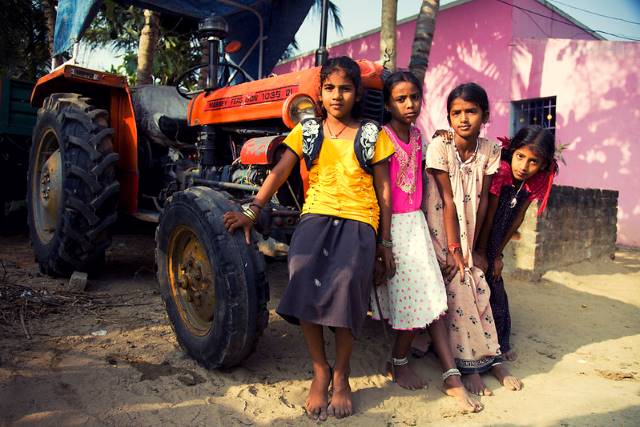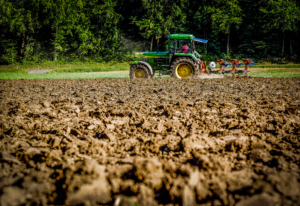
As the global community steps firmly into the era of Industry 4.0, defined by groundbreaking smart technologies, sophisticated automation and intricate interconnected systems, Africa is poised for transformative change. Historically sidelined during earlier industrial revolutions, Africa now has a golden chance to use the Fourth Industrial Revolution as a driving force to significantly mitigate poverty.
This article delves into how Industry 4.0 stands to revolutionize three pivotal sectors in Africa: agriculture, infrastructure and energy, and entrepreneurship-driven job creation.
1. Agriculture: Embracing Tech for a Greener Tomorrow
Agriculture has long been the linchpin of numerous African economies, comprising more than 60% of its workforce. Yet, this vital sector grapples with a myriad of challenges, from dwindling productivity and the looming specter of climate change to substantial post-harvest losses.
Enter the promise of smart farming. Enriched by Internet of Things (IoT) devices, this approach can help surmount existing barriers. It promises enhanced yields, predictive equipment maintenance and adept resource management. A shining example of this shift is Nigeria’s Hello Tractor, a novel start-up that not only bridges farmers with tractor owners via a mobile application but also harnesses crucial data on soil health, weather patterns and crop outputs. By morphing traditional farming methods into lucrative enterprises, such innovations can elevate food security and amplify income streams across the continent.
2. Infrastructure and Energy: Building a Brighter Future
Economic growth and societal well-being are inextricably tied to robust infrastructure and energy frameworks. Yet, Africa grapples with a yawning infrastructure deficit, demanding an annual infusion of a staggering $130–170 billion. Coupled with this, an alarming 640 million Africans find themselves in the dark, sans electricity.
The solution lies in smart grids that optimize energy distribution, coupled with 3D printing technologies that herald a new era of rapid, cost-efficient infrastructure development. A testament to this is Tanzania’s Zola Electric, which brings solar-powered smart grids to remote communities, offering them a lifeline of reliable and affordable energy. In a similar vein, Kenya’s 3D Homes leverages 3D printing to construct affordable housing within a mere 12 hours, addressing housing deficits while simultaneously spurring local employment.
3. Entrepreneurship and Job Creation: Unlocking Boundless Potential
Entrepreneurial ventures and job opportunities are the cornerstones for uplifting communities out of poverty and fostering inclusive growth. Yet, a multitude of African entrepreneurs are shackled by hurdles, including limited financial avenues, restricted market access and skill gaps.
The digital realm offers a panacea. Platforms like Jumia are democratizing market access, linking local vendors to a sprawling African consumer base, while also offering auxiliary services to bolster these nascent businesses. On the educational front, Andela stands out as a hub, training African software enthusiasts and linking them to international firms, all while cultivating a nurturing community for enhanced learning and collaboration.
Industry 4.0 and the Future of Africa
The Fourth Industrial Revolution is not just another buzzword for Africa — it is a clarion call for a brighter, more prosperous future. Yet, harnessing its full potential demands meticulous investments in digital frameworks, nurturing human capital and fostering innovative ecosystems. Equally paramount is the need for robust governance and regulation, ensuring that the benefits of Industry 4.0 are widespread, ethical and sustainable. With visionary leadership and concerted action, Africa can metamorphose its latent potential into tangible, transformative outcomes.
– Yudi Zhang
Photo: Flickr



 As of 2020,
As of 2020,
 In sub-Saharan Africa, most employment is in the food sector, with 60 percent being farmers. Food sector jobs are projected to be even more prevalent in Ethiopia, Malawi, Mozambique, Tanzania, Uganda and Zambia. However, the agricultural yield is low, and Africa’s staple crop is in a decline. Maize production will reduce 40 percent by 2050, and the population is expected to double to 2.5 billion. Digital technology can influence agriculture and help strengthen food systems in Africa.
In sub-Saharan Africa, most employment is in the food sector, with 60 percent being farmers. Food sector jobs are projected to be even more prevalent in Ethiopia, Malawi, Mozambique, Tanzania, Uganda and Zambia. However, the agricultural yield is low, and Africa’s staple crop is in a decline. Maize production will reduce 40 percent by 2050, and the population is expected to double to 2.5 billion. Digital technology can influence agriculture and help strengthen food systems in Africa.